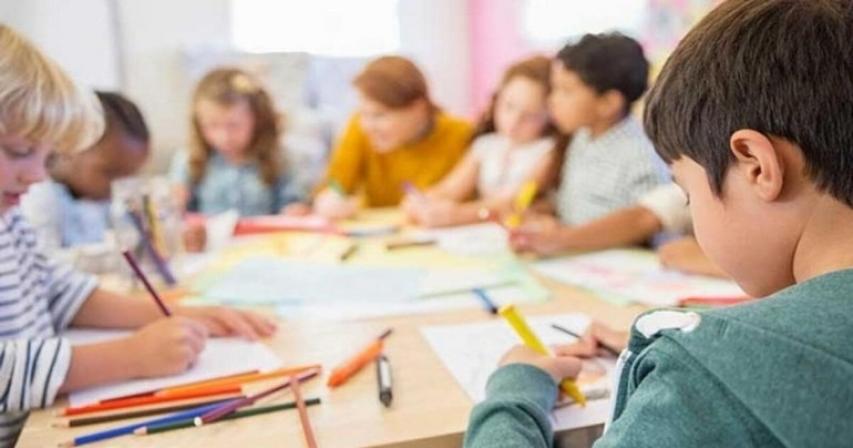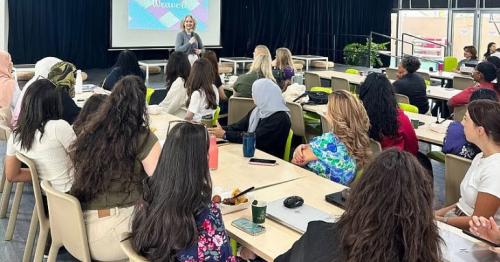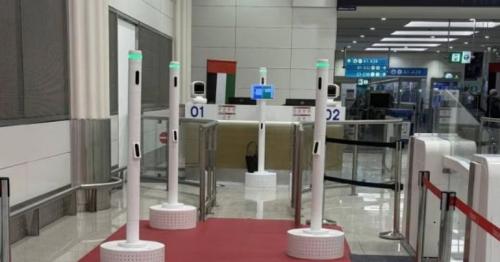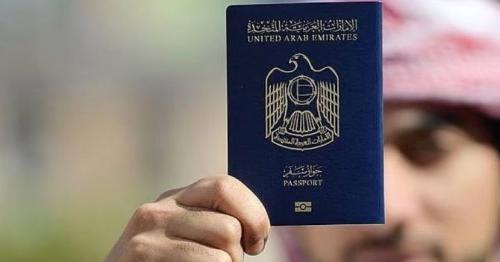Dubai to issue learner passports tracking newborns educational journey

The whole purpose of this document is to; suggest suitable methods of educating children to their parents.
A learner’s passport will now be issued to every newborn in Dubai to track their educational journey and help parents to wisely opt for the best educational pathway for their children. This was revealed by the Knowledge and Human Development Authority (KHDA) on Wednesday during the presentation of ‘Education Strategy 2033’ that there will be a new system.
The system will be enforced in partnership with the Dubai health authority.
KHDA director-general, Aisha Miran, said: "The Learning Passport seeks to uphold the fundamental right of every child to sue for education. Children of school-going age will be registered, and followed such that they go to school, and no one will be left without education. The system will also help identify children of mandatory school age that have not been enrolled in school and appropriate mechanisms will be put in place to ensure that they do so."
Miran further explained: "Irrespective of the diagnostics used, the Learning Passport is primarily about every child’s access to education. It is pledged that all children in Dubai are within the educational register."
“Birth of the child is the first step towards the system and this is what helps in understanding the different educational levels available quite well. I mean, there is information regarding the nurseries," she elaborated.
Miran explained that the trend is that Emirati children would attend early childhood education or schools less than the global standards. "Such studies have pointed out why we should pay a priority to health and safety for parents and their children especially as it has been established on the limits of child’s development towards his potential in the framework of scientific child psychology," she emphasized.
Furthermore, the Learning Passport aims to maximize the amount of information that the parents will obtain regarding the Mira School’s education, thus ensuring the appropriate choices are made for the children.
Education goals 2033
-
Miran emphasized the measures that could be taken in order to ensure that the new education strategy is operationalized in practice.
-
Awareness of parents: The ministry will educate the parents about their responsibilities and the pathways available to them academically and professionally.
-
Educating teachers: There will be a direct approach to improving the capabilities of the teachers and equipping their education using contemporary means.
-
Offering ample educational options: Amongst many other educational options including vocational ones, students will be able to choose pathways that cater to the needs of the labor market.
-
Early field training programmes: Students will actively engage in unobtrusive field training to appreciate the market as well as gather firsthand information.
-
Assessing students' needs: For those in need of assistance, effective individual evaluations will be administered resulting in proper strategies and implementation.
-
Promoting Arabic language and cultural identity: The culture strategy will encourage the use of Arabic Language and cultural identity, which plays a critical role in upholding diversity.
-
Cooperation with other educational stakeholders, for instance, universities and private schools, in order to fulfill the aims of the strategy.
-
De-Arabizing, expanding the percentage of the teaching profession to the UAE nationals and increasing the teacher number by 10 percent which is Sa about 3,000 in eminent educators in UAE.
Another aspect of the strategy will involve further encouraging children in the use of the Arabic language, since most of them, as in this case, tend to the English language which stresses their Arabic languages skill.
In addition, due to the fact that Emirati students have been realized to be under performing than their non-Emirati counterparts, there is a need to raise the academic achievement of the Emirati students.
Other students and families do face another critical barrier which is then increase of school short fees which seeks to appease the students for quality education.
Collective effort
Following this focus, Miran also outlined the importance of togetherness. In other words, this encompasses witnessing recognition of parents as active participants in the education of their children and informing and empowering them to assist their children within the educational system.
By 2008, when KHDA initiated its restructuring, there was considerable improvement in Dubai's education system. . The number of schools in Dubai spurred to more than 220 from one hundred and thirty-six of the year 2007, and over thirty-two thousand and five hundred children have enrolled themselves in private schooling.
Repeated Miran: ‘In order to fulfill its objectives, the Education ‘Strategy 2033’ will enhance the school curriculum to the requirements of the explanation which includes the benefit of development.’ According to reports from the school monitoring authority, 81% of the children enrolled in private schools received a good education or better, contrary to only 30% of the children in 2007.”






Comments